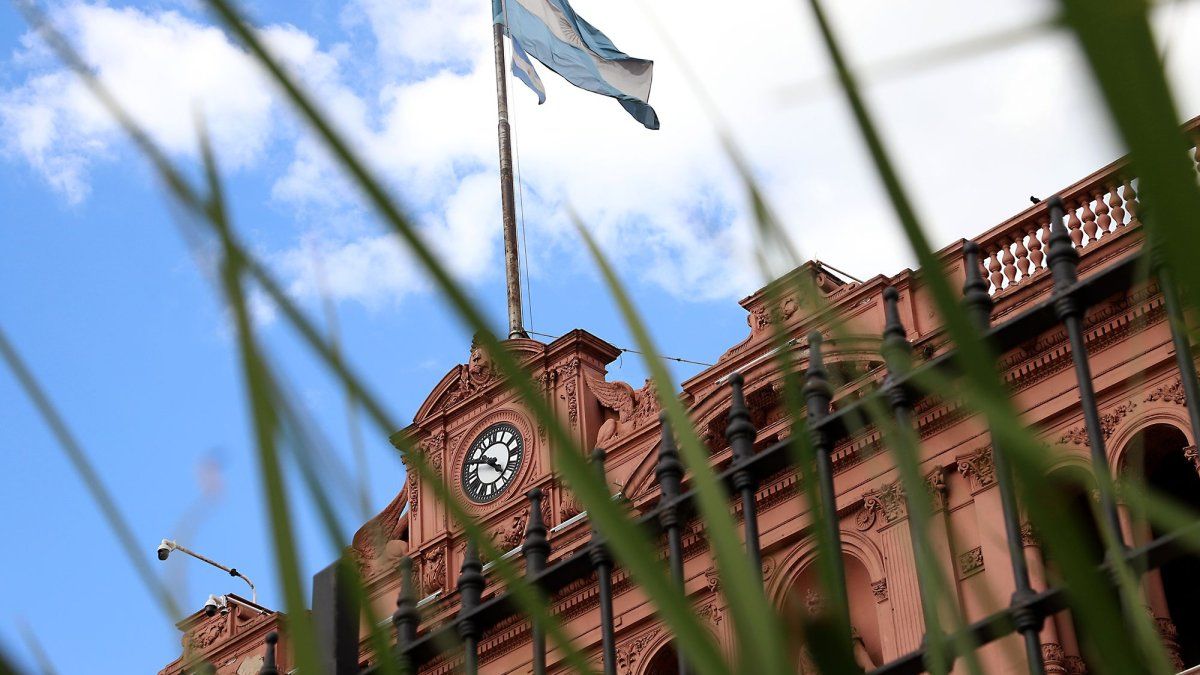Thailand’s Prime Minister Srettha was in office for less than a year. Now the Constitutional Court has deposed him – and the kingdom is once again looking for a new head of government. What happens next?
Thailand in political chaos: The Constitutional Court in Bangkok has removed Prime Minister Srettha Thavisin from office following a lawsuit filed by dozens of senators. The judges voted five to four in favor of removing the 62-year-old from office this afternoon (local time). The verdict, which was eagerly awaited throughout the country, came as a surprise to many political observers.
The 40 senators had accused Srettha of violating the rules by appointing politician Pichit Chuenban as minister – because he has a criminal record. Pichit was sentenced to six months in prison in 2008 for contempt of court in connection with a bribery scandal. He had already resigned in May in the wake of increasing legal pressure.
According to political observers, Srettha had argued in his defense that Pichit’s appointment was in accordance with the law, partly because he had sought legal advice beforehand. Nevertheless, the court ruled that the head of government had violated ethical rules.
Srettha did not appear in person for the verdict – he had other appointments. According to observers, he had also scheduled many appointments for the coming weeks and apparently did not expect the verdict. He told journalists that he would accept the court’s decision, even if he had hoped for a different verdict. He also hoped that Thailand would remain politically stable, he added.
What happens next?
Now, as a first step, a transitional government will be formed, probably under the leadership of Deputy Prime Minister Phumtham Wechayachai, as the Bangkok Post newspaper reported. Then parliament must quickly elect a new prime minister. Health Minister Anutin Charnvirakul, the leader of the Bhumjaithai Party, is being considered as a possible successor. Paetongtarn Shinawatra, leader of the ruling Pheu Thai party, is also considered to have a chance.
The 37-year-old is the daughter of former Prime Minister Thaksin Shinawatra, who has been in self-imposed exile since 2008. The billionaire only returned to Thailand in August last year. Thaksin, who is no stranger to legal problems, also has to go to court again: in June he was charged with lèse majesté.
Coups and street protests
Srettha was quite unpopular among the population: the majority of Thais expressed dissatisfaction with the performance of his government, as a survey in June showed. The issues raised included the weak economic performance of the emerging country and the high level of private household debt.
These are politically turbulent times again in the kingdom, which has seen repeated coups, military governments and street protests by the democracy movement in recent decades. Just last week, the Constitutional Court ordered the dissolution of the progressive Move Forward Party (MFP) under pressure from conservative forces.
Election winner had to go into opposition
The reason was that, in the judges’ view, the strongest opposition party was endangering the monarchy with its efforts to weaken the law on lèse majesté. The former leading candidate, Pita Limjaroenrat, and other leading members are not allowed to hold political office for the next ten years.
Move Forward clearly won the parliamentary election in May 2023, but still did not come to power. After months of political turmoil, leading candidate Pita was finally ousted by former alliance partner Pheu Thai and its candidate Srettha. He was elected head of government in August last year and had been in office since September. Now the difficult search for a head of government capable of gaining a majority is starting all over again.
Source: Stern
I have been working in the news industry for over 6 years, first as a reporter and now as an editor. I have covered politics extensively, and my work has appeared in major newspapers and online news outlets around the world. In addition to my writing, I also contribute regularly to 24 Hours World.




